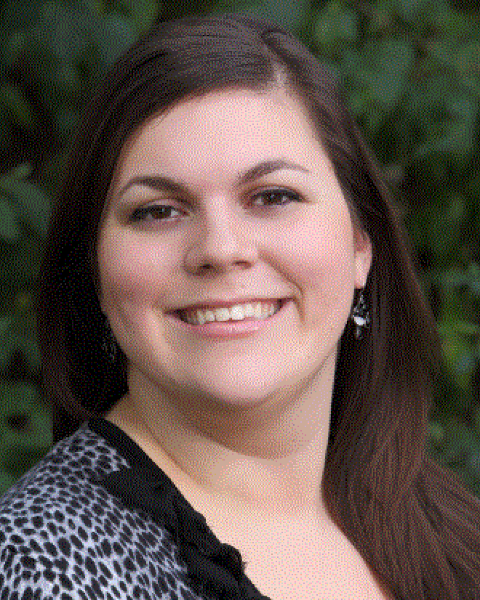Training Workshop
Early Intervention
The Intersection of Early Relational Health and Early Intervention
Saturday, November 23, 2024
2:00 PM – 4:30 PM East Coast USA Time
Location: Meeting Room 552 A/B, 5th Floor, RI Convention Center
.jpg)
Toby M. Long, PT, PhD, FAPTA (she/her/hers)
Professor
Georgetown University
Bethesda, MD
Jennifer Drake-Croft, MSSW, IECMH-E (she/her/hers)
Project Director
Georgetown University
South Burlington, VT
Lead Speaker(s)
Co-Presenter(s)
Over four hundred thousand children receive Part C early intervention services and over 750,000 children receive Part B, preschool services. The most prevalent disability categories are developmental delay (45.1%), speech or language impairment (35.8%), and autism (12.2%). Approximately 10% of children ages 0–5 in the US experience social, emotional, and/or behavioral problems that hamper their functioning and development and often occur with a developmental disability or delay. Social emotional and behavioral difficulties seen at early ages often predict social and academic challenges later in life. Pediatric physical therapists are often the first to provide services to infants, toddlers, and preschoolers with developmental delays or disabilities. The tenants of Early Intervention require us to collaborate and partner with families, helping them to support the development of their child using community-based, naturally occurring learning opportunities. Similarly, Early Relational Health promotes building the capacity of families, caregivers, and communities to support young children’s growth and development as the essential foundation for physical, behavioral, and mental health, resilience, and well-being. Infant Early Childhood Mental Health Consultation, a nationally recognized best practice is a prevention-based approach that operationalizes Early Relational Health equipping caregivers to facilitate children’s healthy social and emotional development. This plenary session will discuss the similarities and differences between Early Intervention and Early Relational Health, discuss how physical therapists can use the principles of early relational health to enhance their family partnerships, and introduce Infant Early Childhood Mental Health Consultation (IECMHC) as a strategy for physical therapists to incorporate into their intervention plans.
Learning Objectives:
- Upon completion of this course, the learner will describe the five principles of Early Relational Health
- Upon completion of this course, the learner will describe the similarities and differences between Early Relational Health and Early Intervention
- Upon completion of this course, the learner will describe the unique components of Infant and Early Childhood Mental Health Consultation

.png)
.png)
.png)
.png)
.png)
.png)
.png)
.png)